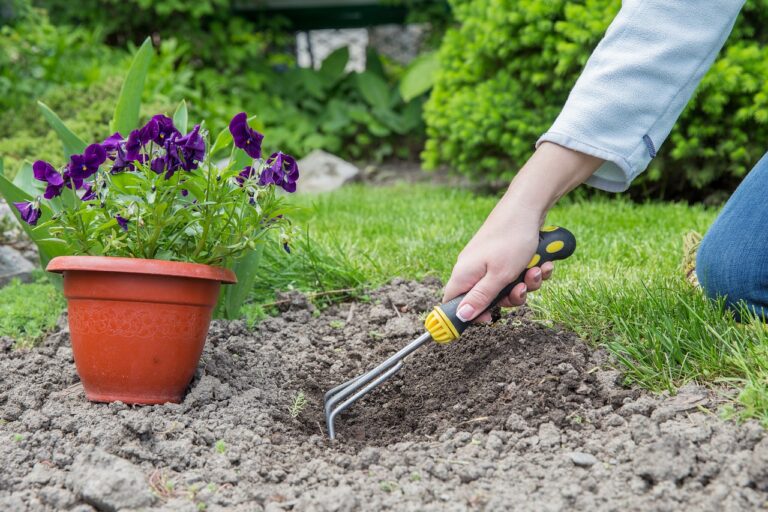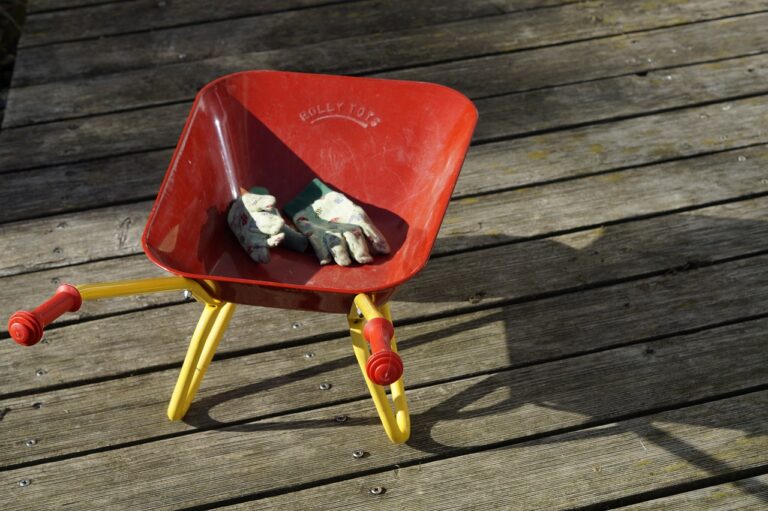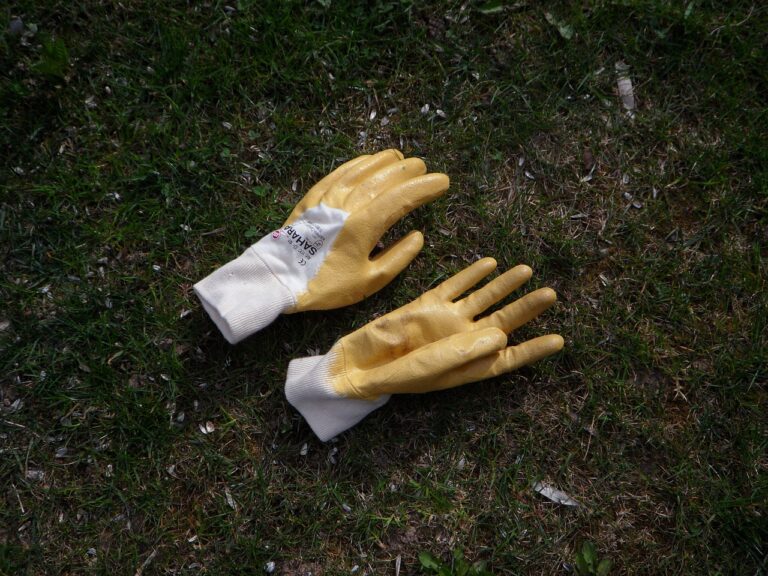Bird-Friendly Gardens: A Sanctuary for Avian Visitors
In a world teeming with concrete jungles, bird-friendly gardens offer an oasis for our feathered friends. By incorporating nature-inspired elements and sustainable practices, we can create backyard havens that attract and support diverse bird populations.
Plant Diversity: A Culinary Delight
Native Plants:
- Benefits: Native plants provide nourishment tailored to local bird species. They offer a variety of berries, seeds, and nectar throughout the seasons.
- Examples: Dogwood trees, honeysuckle shrubs, and black-eyed Susans
Nectar Sources:
- Benefits: Nectar provides essential energy for hummingbirds, butterflies, and other nectar-feeding birds.
- Examples: Bee balm, butterfly bush, and salvia
Seed-Bearing Plants:
- Benefits: Seeds are a valuable food source for many bird species, especially during winter months.
- Examples: Sunflowers, birdseed mixes, and coneflowers
Water Features: Hydration and Play Areas
Bird Baths:
- Benefits: Bird baths provide clean drinking and bathing water, essential for bird health and hygiene.
- Tips: Place bird baths in open areas where birds can easily spot and access them.
Water Sources:
- Benefits: Ponds, running streams, and fountains create a refreshing environment that attracts birds for drinking, bathing, and cooling down.
- Considerations: Ensure water sources are shallow enough for birds to stand in comfortably.
Shelter and Nesting
Shrubs and Trees:
- Benefits: Shrubs and trees provide shelter from predators, wind, and rain. They also create nesting sites for many bird species.
- Examples: Pyracantha bushes, evergreens, and deciduous trees
Birdhouses and Nesting Boxes:
- Benefits: Birdhouses and nesting boxes offer protected spots for birds to raise their young.
- Tips: Choose birdhouses specific to the species you wish to attract and clean them regularly.
Avoiding Pesticides and Chemicals
Organic Gardening Practices:
- Benefits: Pesticides and herbicides can harm birds and disrupt their food chain.
- Alternatives: Use organic gardening practices, such as companion planting, to control pests naturally.
Chemical-Free Maintenance:
- Benefits: Chemical-free cleaning agents and fertilizers protect bird health and prevent water contamination.
- Alternatives: Use natural cleaning solutions and consider organic fertilizers to nourish plants without harming wildlife.
Conclusion
By embracing these principles, we can transform our gardens into thriving bird habitats. Bird-friendly gardens provide sanctuaries for our feathered neighbors, enhance biodiversity, and bring beauty and tranquility into our outdoor spaces. Embrace the joy of creating an avian haven in your backyard, fostering a harmonious coexistence between humans and nature.

























